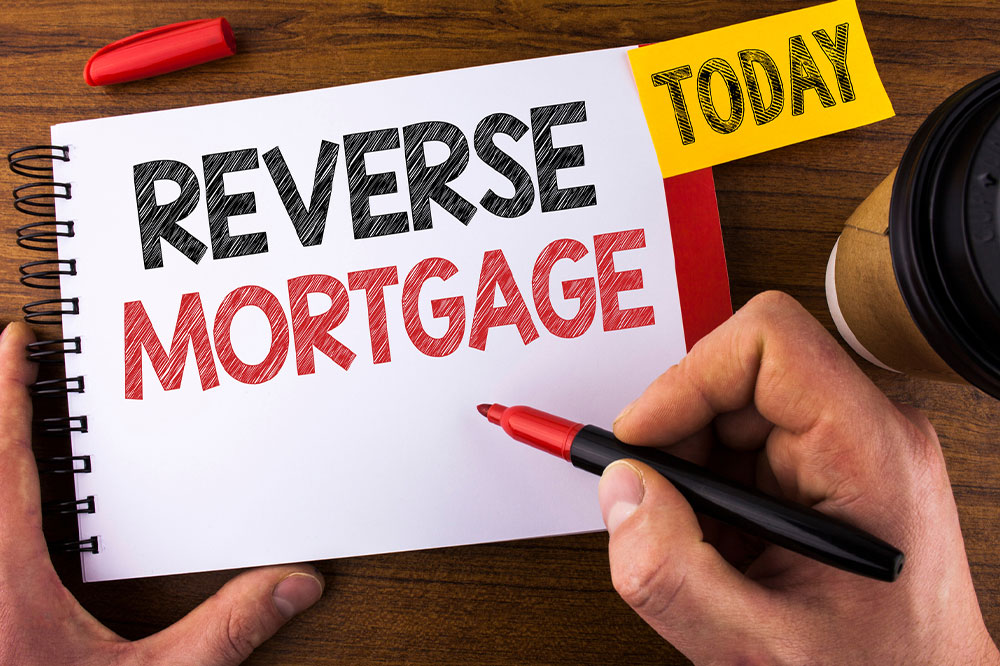Understanding Reverse Mortgages: Key Questions Explained
Learn the essentials about reverse mortgages, including borrowing limits, repayment terms, eligibility, and potential risks. This guide helps seniors understand how these loans can support their financial needs while highlighting important considerations and safety tips for a secure experience.
Sponsored

A reverse mortgage provides seniors over 62 with a way to leverage their home equity to bolster their finances. It allows converting part of their home's value into cash, either as a lump sum, fixed monthly payments, or a line of credit. Funds can cover medical expenses, emergencies, or mortgage payments. Here’s essential information to consider if you're exploring reverse mortgage options.
What is the maximum amount you can borrow?
The loan cannot surpass the home's appraised value. Federal guidelines ensure lenders structure these loans so that the borrowed amount doesn’t exceed the property’s worth. Borrowers aren’t responsible for paying more if the debt exceeds the home value.
How are reverse mortgages repaid?
Repayment typically occurs upon selling the home, relocating permanently, or the borrower’s passing. Unlike traditional mortgages, monthly payments are not required. Instead, interest accumulates on the borrowed amount and is added to the debt. Homeownership remains with the borrower, but equity diminishes as the loan balance grows.
Who qualifies for a reverse mortgage?
Reverse mortgages are suited for seniors whose primary assets are their homes. They benefit those unable to qualify for home equity loans or refinance due to limited income or credit issues. The Home Equity Conversion Mortgage (HECM) for purchase allows seniors to buy new homes using reverse mortgage funds. However, this option involves risks and complexity that should be carefully evaluated.
What risks are involved with reverse mortgages?
Be cautious of scams targeting seniors, especially from dishonest vendors offering house repairs or other services. If only one spouse is listed as the borrower, the other could lose the home if the borrower passes away. Additionally, lenders charge various fees, including closing costs and mortgage insurance premiums for federally-backed HECMs.






